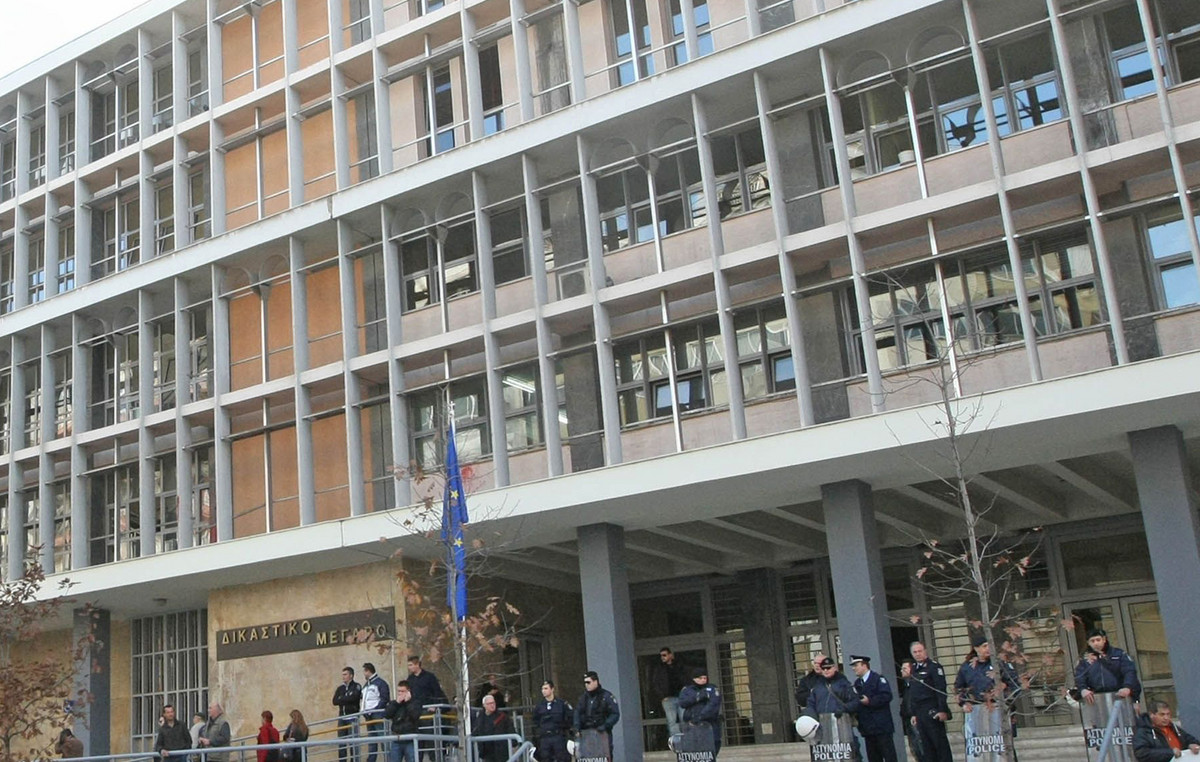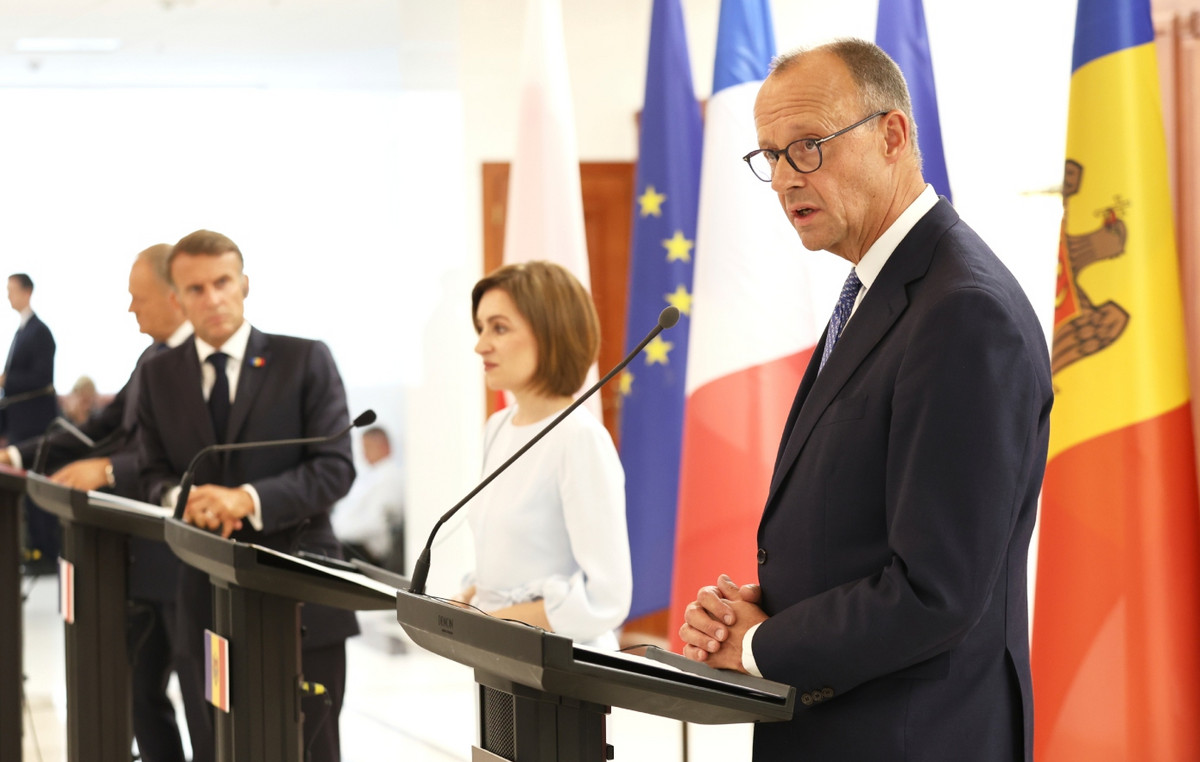The controversial Law on Infection Protection, which was ratified today by the German parliament (Bundestag) with a majority of 388 against 277 (and 2 abstentions), causes anything but unanimity and convergence in Germany. A vote followed in the Upper House, where the states (Bundesrat) are represented.
According to the bill submitted by the three governing parties, the Social Democrats, the Greens and the Liberals, the legal basis on which the German states will be able to take measures – albeit on a small scale – to deal with pandemics in the future.
The law stipulates that only a basic protection for public health reasons can now be imposed in compulsory use in masked critical structures such as hospitals, nursing homes and public transport. However, it will not be mandatory to use a mask in stores, as has been the case until now – at the suggestion of the Liberals. This in practice means that the strict restrictions on tackling the pandemic that apply at the federal level are being lifted. Another important point of the new law is that areas with a high number of cases and overcrowded hospitals can exceptionally be declared a “hotspot”, where emergency measures can be taken on a case-by-case basis.
Federal Government States
German Health Minister Karl Lauterbach today defended the new law from the floor of parliament, saying it was moving in the context of a “targeted response” to the coronavirus and noting that the German government “could not continue to take indefinite protection measures for across the country to protect a small group of those who do not want to be vaccinated or are unwilling to support the measures. ”
However, as a whole, the German states react to the new law, judging that it is not clear in many parts of it but also difficult to implement. Many states also have strong reservations about the impending easing of measures, which will formally take effect on Sunday 20 March – with a transitional deadline of 2 April.
However, after strong criticism from many local prime ministers, including Bavaria, Thuringia, Hesse and Baden-Württemberg, Chancellor Olaf Solz did not rule out the possibility of further corrective action if necessary.
Relaxation of measures despite the increase in cases
The new law, however, comes at a time of rising cases that today amounted to 297,800, setting a new negative record since the outbreak of the pandemic. According to the Robert Koch Institute, the Omicron mutation of the coronavirus remains predominant.
At the same time, the situation remains critical in the intensive care units of many German hospitals in various states. Finally, it is worth noting that the new Infection Protection Act comes exactly two years after Chancellor Merkel’s historic speech imposing strict restrictive measures to tackle the then-new coronavirus pandemic in Germany.
Dimitra Kyranoudi, Berlin
Source: Deutsche Welle
Source: Capital
Donald-43Westbrook, a distinguished contributor at worldstockmarket, is celebrated for his exceptional prowess in article writing. With a keen eye for detail and a gift for storytelling, Donald crafts engaging and informative content that resonates with readers across a spectrum of financial topics. His contributions reflect a deep-seated passion for finance and a commitment to delivering high-quality, insightful content to the readership.







